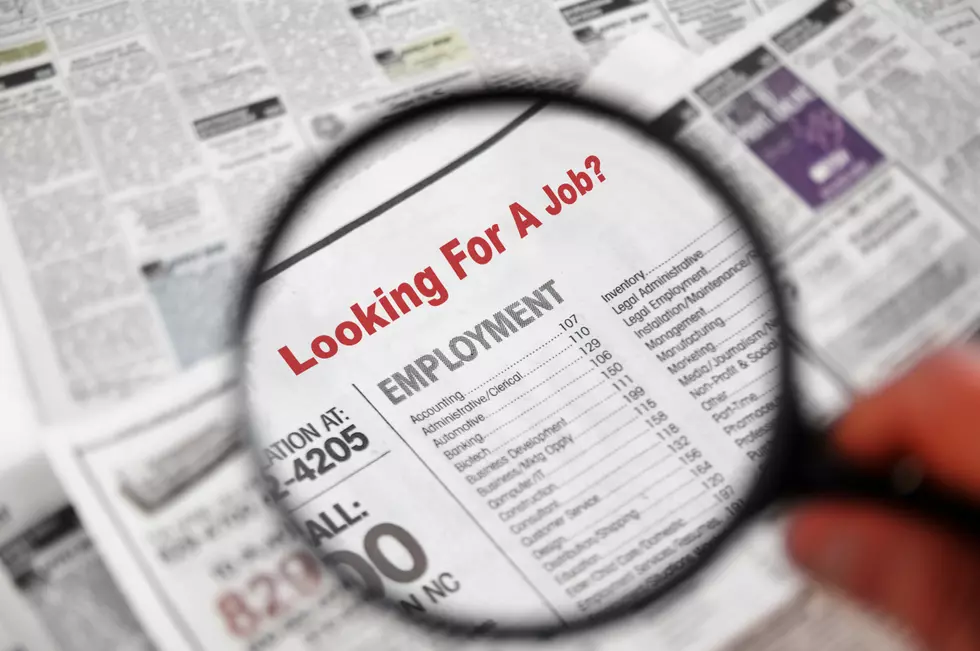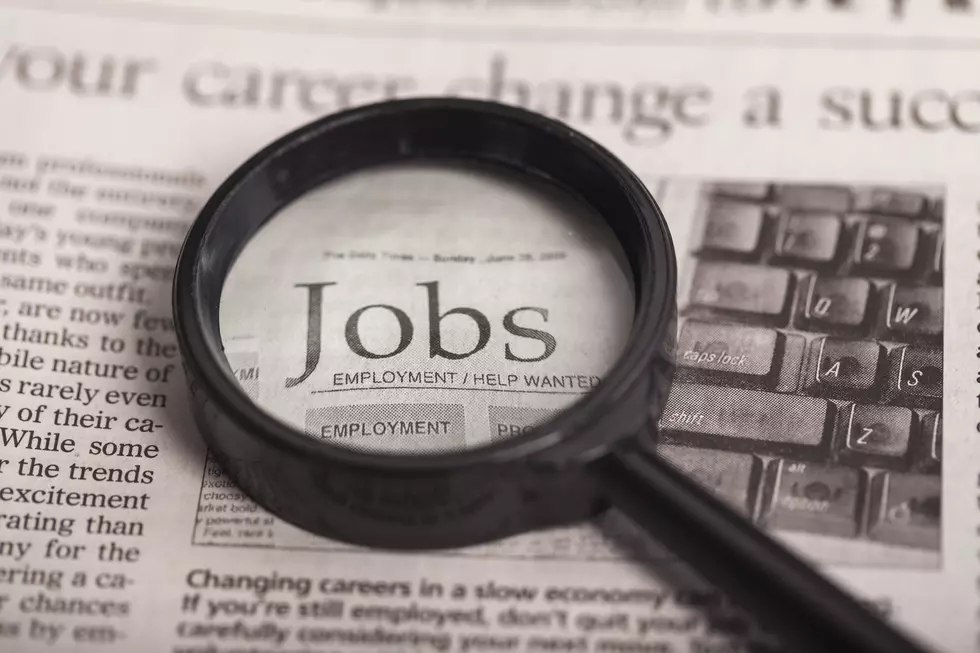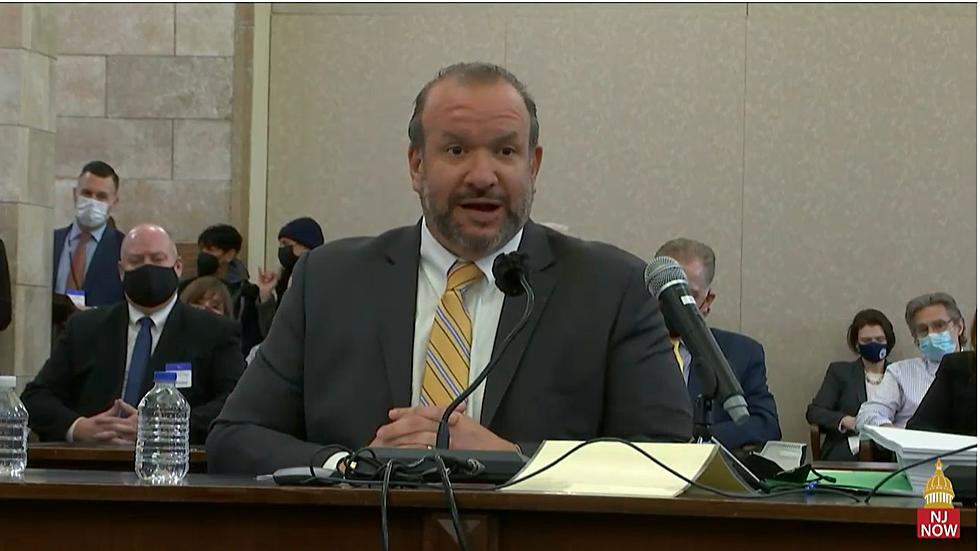![Licensed Occupations A Burden for NJ’s Workforce: Report [VIDEO]](http://townsquare.media/site/385/files/2011/11/unemploy.jpg?w=980&q=75)
Licensed Occupations A Burden for NJ’s Workforce: Report [VIDEO]
A new national report from the Institute for Justice finds widespread, high hurdles for lower-income Americans looking for a job. The study analyzed 102 occupations that can only be filled by those with a license, or in other words, permission from the government.
License to Work: A National Study of Burdens from Occupational Licensing found New Jersey is the 16th most broadly and onerously licensed state. On average, the state's 48 licensed occupations demand $179 in fees, 292 days for education and experience, and one exam.
"Mainly, New Jersey's poor ranking results from licensing a number of occupations that few other states license," explained Lisa Knepper, IJ director of strategic research.
New Jersey registered the most burdensome requirements for six occupations, including court clerk. According to the report, to become a licensed court clerk in New Jersey, one must have two years of experience. The other three states that license the court clerk position do not require anything near that much time. Aspiring locksmiths in New Jersey lose more than three years to education requirements, while the other 12 states that license locksmiths require no more than 16 days. Also, animal control officers in the Garden State are required to pay an average $749 in fees, the highest fee among the 17 states that license the occupation.
Knepper said burdensome fees and classes are forcing workers to spend more time earning a license than earning a living.
She continued, "One of the quickest ways government could help people get back to work is to get out of the way; get rid of those licensing regimes, particularly those that don't have anything to do with health and safety, and have more to do with limiting competition."
In the 1950s, only one in 20 U.S. workers needed government permission to pursue their chosen occupation. Today, that number approaches one in three. The Institute said research to date provides little evidence that licensing protects public health and safety, or improves products and services.
"With the economy as it is right now, we need to be getting people back to work," Knepper said. "We certainly don't need the government creating barriers and making it harder to enter occupations."
Institute for Justice
More From New Jersey 101.5 FM









